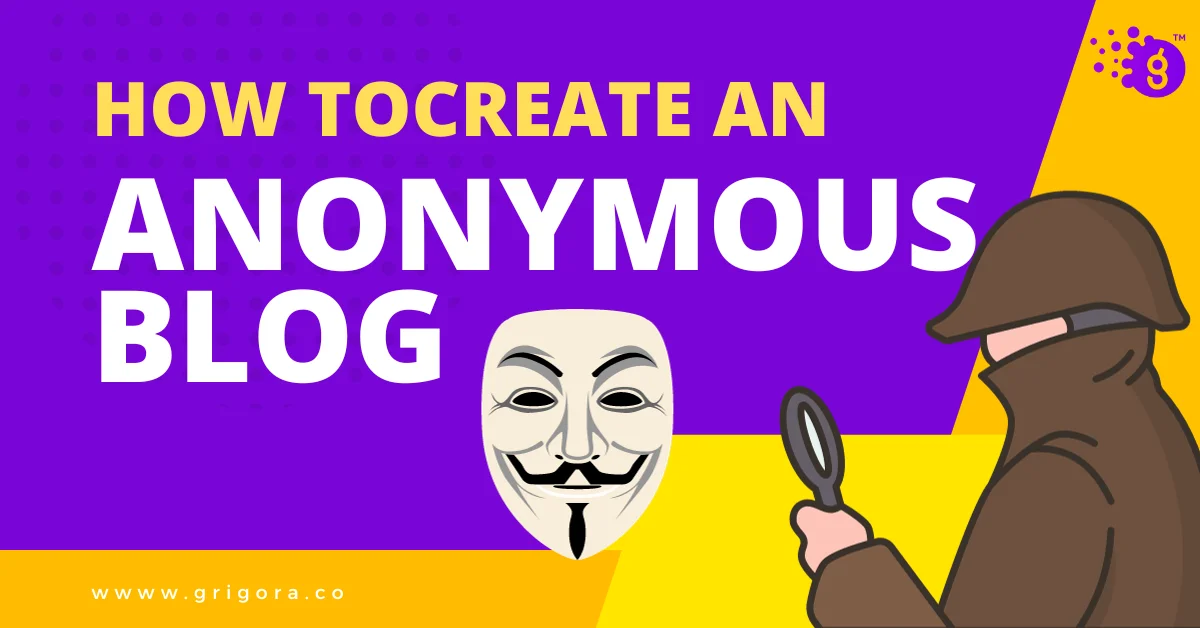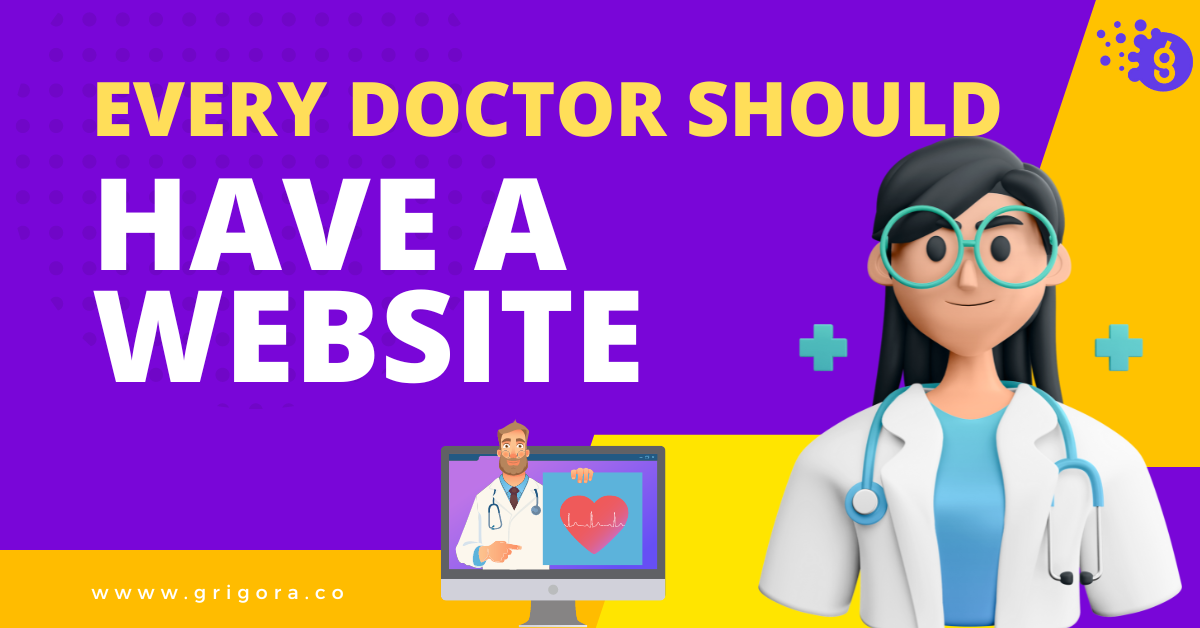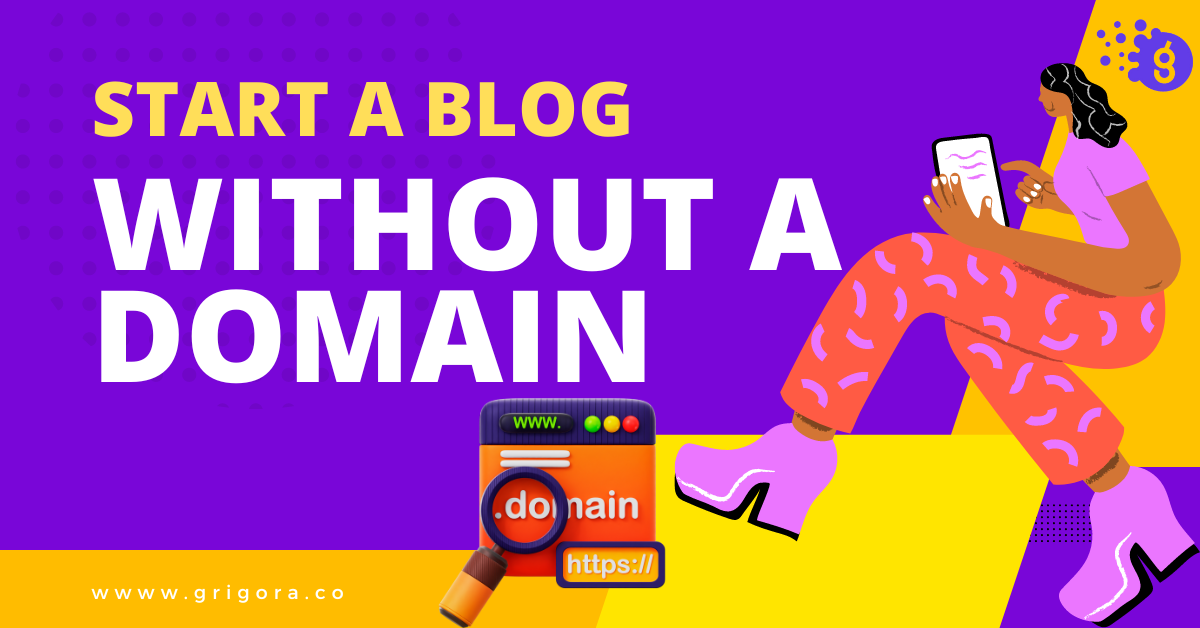Introduction
"In a world where privacy is increasingly becoming a luxury, anonymous blogging offers a sanctuary for free expression".
The Rise of Anonymous Blogging
In today's digital age, where every click, like, and share is recorded, the concept of anonymity has garnered considerable attention. Anonymous blogging has emerged as a powerful tool for individuals to express their thoughts, ideas, and criticisms without the fear of social or professional repercussions. It serves as a platform where you can be your most authentic self, without the constraints imposed by societal norms or expectations.
The rise in anonymous blogging can be attributed to various factors. These include the increasing awareness of data privacy issues, the polarized nature of public discourse, and the genuine need for a space where people can express themselves freely. Whether it's a corporate employee who wants to blow the whistle on unethical practices or a teenager who needs a safe space to talk about mental health, anonymous blogs offer that much-needed refuge.
Why You Might Want to Blog Anonymously
The reasons for choosing to blog anonymously are as diverse as the bloggers themselves. For some, it's a protective shield that allows them to speak openly about controversial or sensitive topics. For others, it's a way to separate their professional life from personal opinions or experiences.
For instance, you might be a teacher who wants to discuss educational reforms without attracting undue attention from your employer. Or perhaps you're someone who has survived abuse and wishes to share your story to help others, but without revealing your identity. In such cases, anonymous blogging provides the freedom to express oneself without the looming fear of judgment, ostracization, or professional consequences.
Anonymous blogging isn't just a fad; it's a response to the complexities of modern life, offering a platform for voices that might otherwise be silenced.
The Ethics of Anonymous Blogging
When Is It Okay to Blog Anonymously?
The ethical considerations surrounding anonymous blogging are complex and multi-faceted. Blogging anonymously can be a legitimate choice for various reasons, such as whistleblowing, discussing sensitive or stigmatized topics, or simply for personal privacy. In these cases, the anonymity serves a purpose and can be ethically justified.
However, the cloak of anonymity should not be used as a shield for engaging in harmful or deceitful activities. The core principle is that anonymity should serve as a protective measure, not as a means to cause harm to others.
Potential Ethical Concerns
Anonymous blogging does come with its own set of ethical challenges. One of the most significant is the potential for abuse. Because the blogger is not publicly accountable, there's a risk that anonymity could be used to spread false information or engage in harmful behavior. Maintaining ethical standards is crucial when blogging anonymously.
Another ethical dilemma involves discussing real people you may know, without their consent or knowledge. Even if you don't explicitly name them, the details could be enough for someone to identify them. If your anonymous blogging could potentially harm someone else, it's vital to approach the situation with caution and ethical consideration.
Choosing a Blogging Platform
Popular Platforms for Anonymous Blogging
When it comes to selecting a platform for your anonymous blog, there are several options to consider. WordPress, Blogger, and Tumblr are among the most popular platforms that offer varying degrees of anonymity. However, it's essential to read their privacy policies and understand what data they collect.
Why Grigora is a Secure Option for Anonymous Blogs
Grigora stands out as a secure and reliable option for those looking to blog anonymously. With its robust security measures, Grigora ensures that your data is well-protected. The platform also offers a wide range of customization options, allowing you to create a blog that fits your needs while maintaining your anonymity.
Grigora's user-friendly interface makes it easy for anyone to start a blog, even without technical expertise. Moreover, Grigora's commitment to user privacy makes it an ideal choice for anonymous bloggers.
Setting Up Your Anonymous Blog
Domain Name and Hosting
Selecting a Domain Name That Doesn't Reveal Your Identity
Choosing a domain name is a critical step in setting up an anonymous blog. The key is to select a name that has no connection to your real identity. Avoid using your real name, initials, or anything that could be traced back to you. Some bloggers opt for domain privacy services to further protect their identity.
Choosing a Hosting Service That Values Privacy
When it comes to hosting, not all providers are created equal. Look for a hosting service that has a strong commitment to privacy and security. Some hosting providers offer anonymous payment methods and don't require personal information at the time of sign-up.
Blog Design and Layout
Selecting a Theme That Suits Your Anonymous Blog
The design of your blog should align with the content you plan to produce. Choose a theme that is both visually appealing and functional. Grigora offers a variety of themes that can be customized to suit your needs.
Ensuring User-friendly Navigation
A well-designed, user-friendly layout is essential for any blog, anonymous or not. Make sure your blog is easy to navigate, with a clean design and well-organized categories. This will make it easier for your readers to find what they're looking for, thereby increasing engagement.
Essential Pages to Include
About Page: How Much to Reveal?
An About Page is usually where you'd introduce yourself and your blog's mission. However, when you're blogging anonymously, you have to strike a balance. You can still share your mission and what drives you to blog, but avoid giving away any personal details.
Contact Page: Setting Up Anonymous Contact Methods
It's important to have a way for your readers to contact you, but you also want to maintain your anonymity. Consider setting up a separate email just for your blog or using a contact form that doesn't require you to disclose your personal email. Some bloggers even use encrypted messaging services for this purpose.
Creating Content for Your Anonymous Blog
Types of Posts: Personal Stories, Whistleblowing, Reviews
The content you produce will depend on your niche and what you're comfortable sharing. You can write about almost anything while staying anonymous—personal stories, whistleblowing, reviews, etc. The key is to provide value to your readers without compromising your identity.
Staying Anonymous While Providing Value
Creating valuable content while maintaining your anonymity can be a challenging task. Always double-check to ensure that you're not including any information that could reveal your identity. This includes metadata in photographs, location details, or any other inadvertent clues.
Staying Anonymous
Using VPNs and Other Tools
One of the most effective ways to protect your identity online is by using a Virtual Private Network (VPN). A VPN masks your IP address, making it more difficult for anyone to trace your online activities back to you. There are also other tools like Tor Browser that offer an extra layer of anonymity.
Being Cautious with Personal Information
Even with the best tools, your anonymity is only as strong as your practices. Be cautious when sharing any form of personal information. This includes not only what you write in your blog posts but also metadata in images or documents you may upload, and even the email address you use to register your blog.
Engaging with Your Audience
Encouraging Anonymous Comments and Discussions
If you're blogging anonymously, chances are some of your readers will want to comment anonymously too. Make sure your blog platform allows for anonymous or pseudonymous commenting. This will encourage more open discussions without the fear of retribution.
Social Media: To Use or Not to Use?
Social media can be a double-edged sword for anonymous bloggers. On one hand, it's a powerful tool for promotion. On the other, it can be a minefield when it comes to maintaining your anonymity. If you choose to use social media, consider creating accounts that are not linked to your personal profiles.
Monetizing Your Anonymous Blog
Affiliate Marketing While Staying Anonymous
Monetizing an anonymous blog can be a bit tricky, but it's not impossible. Affiliate marketing is one of the most straightforward ways to earn money without revealing your identity. You can promote products related to your blog's niche and earn a commission for every sale made through your unique affiliate link.
Accepting Donations Anonymously
Another way to monetize your blog is through donations. Platforms like Patreon allow you to accept donations without revealing your personal information. However, be cautious when setting up your account and read the terms carefully to ensure your anonymity is maintained.
Promoting Your Anonymous Blog
SEO Strategies for Anonymous Blogs
Search Engine Optimization (SEO) is just as important for anonymous blogs as it is for any other type of blog. The key is to focus on creating high-quality, valuable content that will naturally attract backlinks and social shares. This will help improve your blog's visibility on search engines.
Guest Posting Anonymously
Guest posting can be a great way to promote your blog, but it comes with its own set of challenges for anonymous bloggers. If you decide to guest post, make sure to do so on platforms that respect your desire for anonymity.
Maintaining and Updating Your Blog
Creating a Content Calendar
Consistency is key when it comes to blogging, and that applies to anonymous blogs as well. A content calendar can help you plan out your posts and ensure that you're posting regularly. This not only keeps your audience engaged but also helps with SEO.
Keeping Your Identity a Secret in the Long Run
Maintaining your anonymity is an ongoing process. Regularly update your privacy settings and be cautious when interacting with your audience to ensure you don't accidentally reveal any personal information.
Conclusion
The Pros and Cons of Anonymous Blogging
Anonymous blogging comes with its own set of advantages and disadvantages. On the one hand, it allows you the freedom to express yourself without fear of judgment or repercussions. On the other hand, it can be challenging to build credibility and monetize your blog.
Next Steps for Keeping Your Blog and Identity Secure
As you continue your anonymous blogging journey, always be on the lookout for new tools and methods to keep both your blog and your identity secure. Regularly update your security protocols and be vigilant about the information you share.
FAQs
Is it legal to blog anonymously?
Yes, it is generally legal to blog anonymously, as long as you are not engaging in defamation, fraud, or other illegal activities. However, laws can vary by jurisdiction, so it's essential to be aware of the legal landscape in your area.
How can I ensure my anonymity is not compromised?
To ensure your anonymity is not compromised, use a VPN, avoid sharing personal information, and be cautious when interacting online. Regularly update your security settings and consider using anonymous email services for blog-related communications.
What are the best practices for SEO on an anonymous blog?
SEO best practices for an anonymous blog are similar to those for any other blog. Focus on keyword optimization, quality content, and backlinks. However, be cautious when generating backlinks to ensure they don't compromise your anonymity.
How can Grigora assist in maintaining an anonymous blog?
Grigora offers robust security features that can help you maintain an anonymous blog. From secure hosting options to content management tools that prioritize privacy, Grigora can be an excellent platform for those looking to blog anonymously.
Additional Resources
Books on Anonymous Blogging
There are several books available that can guide you through the intricacies of anonymous blogging. "The Art of Invisibility" by Kevin Mitnick is a highly recommended read.
Online Courses on Maintaining Anonymity Online
Several online courses can teach you how to maintain your anonymity online. Courses on platforms like Udemy and Coursera offer in-depth tutorials on online privacy.
Forums and Communities for Anonymous Bloggers
Joining forums and online communities can provide additional tips and tricks for maintaining your anonymity. Websites like Reddit have specific subreddits dedicated to online privacy and anonymous blogging.



